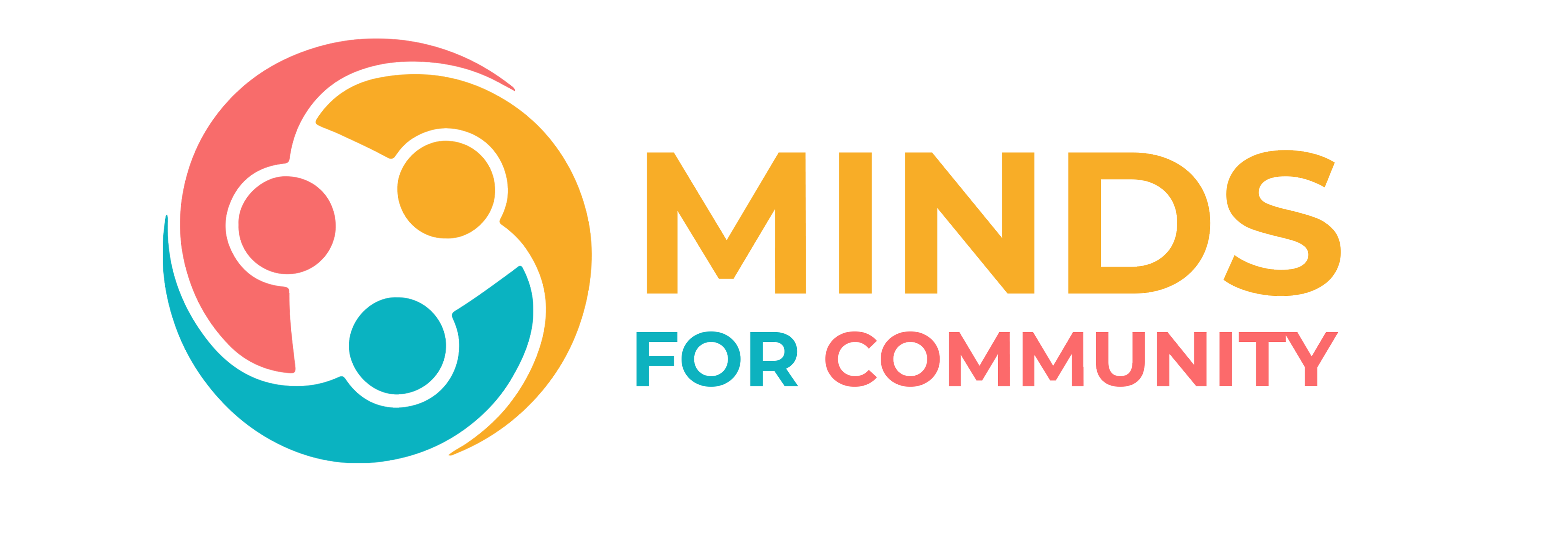Mental health plays a crucial role in shaping life-changing decisions, including career choices. Emotions, whether positive or negative, directly influence motivation, ambitions, and decision-making abilities. In this article, we will explore how psychological states affect career inclinations, the psychological factors that determine professional preferences, and how improving mental well-being can lead to career success.
First: Psychological Influence on Career Inclinations
Career preferences are deeply influenced by emotional and mental states, as feelings impact self-confidence, creativity, and the willingness to explore new opportunities. The psychological effects on career inclinations can be classified as follows:
1. Self-confidence and decision-making: Individuals with high self-confidence tend to choose careers requiring leadership and creativity, such as entrepreneurship or managerial positions. In contrast, those with low self-esteem may prefer stable and secure jobs.
2. Anxiety and stress: Persistent anxiety may push individuals to avoid careers involving intense social interaction, such as sales or teaching. Meanwhile, emotional stability helps in facing greater professional challenges.
3. Motivation and drive: A positive mindset and internal motivation direct individuals toward creative or intellectually demanding careers, like arts or scientific research, while negative emotions may lead to the pursuit of routine, less demanding jobs.
Second: Psychological Factors Affecting Career Choices
Several psychological factors influence an individual’s career selection, including:
1. Personality: Introverts may be drawn to research and analytical roles, whereas extroverts often prefer careers requiring strong social engagement.
2. Past experiences: Psychological traumas or previous successes can shape career decisions. Someone who has experienced professional failure may fear taking risks, whereas early achievements encourage embracing challenges.
3. Environmental influence: Family, society, and economic pressures often steer individuals toward specific professions, sometimes limiting their true inclinations.
Third: How to Improve Mental Well-being for Better Career Choices?
To balance mental health and career decisions, consider the following steps:
Develop self-awareness: Understanding strengths and weaknesses aids in making suitable career choices.
Manage stress and anxiety: Practices such as exercise, meditation, or seeking professional help can reduce mental strain.
Build a strong support system: Support from family and friends helps overcome career-related pressures.
Commit to continuous learning: Gaining new skills boosts confidence in tackling professional challenges.
Psychological states deeply influence career inclinations, acting as either a barrier or a motivator in professional decision-making. Enhancing mental well-being not only fosters emotional stability but also enables individuals to make balanced career choices, ultimately leading to job satisfaction and success in the professional world.






